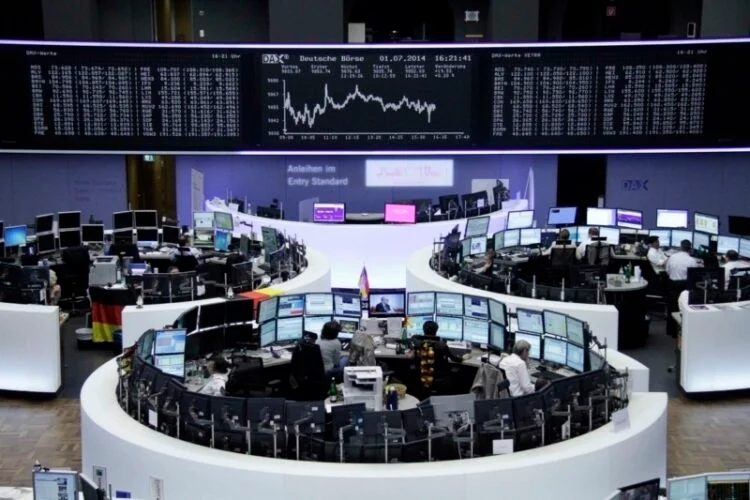Publisher: Maaal International Media Company
License: 465734
UNCTAD: AI Market to Reach $4.8 Trillion by 2033
اقرأ المزيد
The United Nations Conference on Trade and Development (UNCTAD) revealed that it expects the artificial intelligence market to reach $4.8 trillion by 2033.
UNCTAD Secretary-General Rebeca Grynspan said that the economic benefits of artificial intelligence are enormous, but they must be shared.
UNCTAD said in a statement on Thursday in Geneva that less than a third of developing countries have AI strategies, and 118 countries lack representation in AI governance, limiting global inclusiveness.
UNCTAD urged developing economies to invest in AI infrastructure, data, and skills to harness its full potential. UNCTAD’s “Technology and Innovation 2025” report warned that while artificial intelligence can be a powerful tool for progress, it is not inherently inclusive. Countries must act by investing in digital infrastructure, building capacity, and strengthening AI governance to harness its potential for sustainable development.
UNCTAD Secretary-General Rebecca Grynspan emphasized the importance of ensuring that people are at the center of AI development and called for stronger international cooperation to shift the focus from technology to people and enable countries to participate in establishing a global AI framework.
The report stated that just 100 companies, mostly in the United States and China, account for 40% of global corporate spending on research and development.
It noted that the market value of leading tech giants such as Apple, Nvidia, and Microsoft is approximately $3 trillion, rivaling the GDP of the entire African continent.
It stated that AI could impact 40% of jobs worldwide, bringing about productivity gains but also raising concerns about automation and layoffs. However, the report stated that the role of artificial intelligence is not limited to replacing jobs, but can also create new industries and empower workers. The report stated that countries’ strategic position in the areas of infrastructure, data, and skills will determine the extent to which they can effectively adopt artificial intelligence, foster local innovation, and align its development with their social and economic needs.








